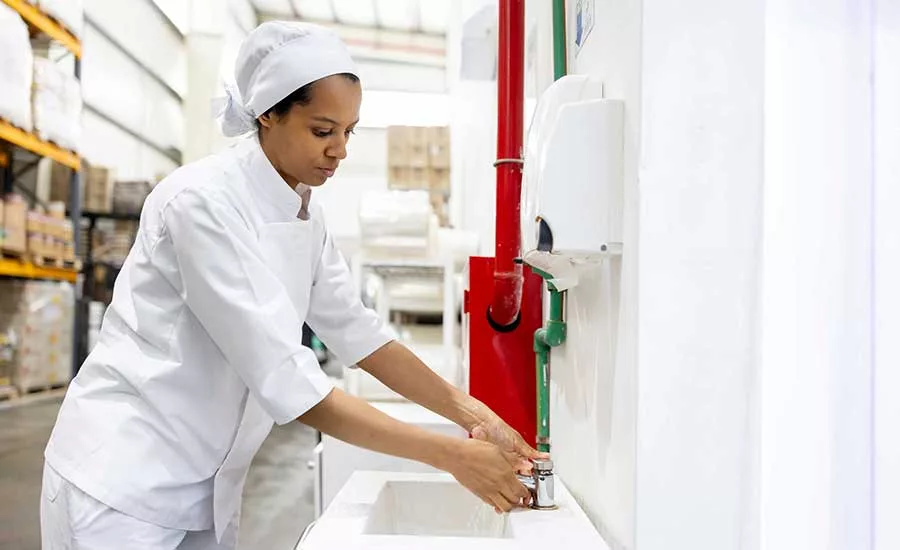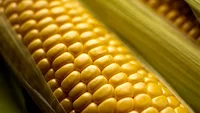Researchers Determining Infectious Potential of Norovirus on Berries With Optimized Detection Method

Image credit: Public Domain Pictures via Pexels
Funded by the Center for Produce Safety (CPS), a University of Georgia (UGA) researcher is leveraging cutting-edge technology to improve the U.S. Food and Drug Administration’s (FDA’s) detection of viruses on foods, and then will use the method to study infectious norovirus persistence on berries.
FDA’s standard detection method for human infectious viruses, like norovirus and hepatitis A, is hindered by the fact that viruses are present in such low numbers that they are difficult to recover, and because the presence of virus genetic material does not always equal infectivity. However, UGA’s Malak Esseili, Ph.D. hopes to optimize methods for detecting and quantifying infectious norovirus from fresh berries using a cell culture model. Not only could the UGA team's work provide industry with better tools for measuring viruses on foods, but it could also shed light on the potential risk of infectious norovirus in stored berries.
In short, Dr. Esseili said that she wants to answer the question, "If you detect this much virus genetic material on berries, does it mean you’re detecting this much infectious virus?”
Using a virus surrogate, the researchers will first explore different ways to remove and recover more pathogens from berry samples with various buffers, as well as ways to concentrate viruses isolated from berry samples.
The researchers will also use a cell culture method to detect infectious hepatitis A virus, involving the use of human stem cells to grow 3D cell cultures in petri dishes that function similarly to human intestines. The cell culture model, called “human intestinal enteroids,” can be used to detect infectious norovirus. Dr. Esseili believes this is one of the first times that this cell culture modeling technology is being used for food safety research. Since the enteroids are expensive to maintain, the researchers will first optimize their detection and quantification method with surrogate viruses before introducing it to the enteroids.
Finally, the UGA team will inoculate berries with known quantities of human norovirus and hepatitis A virus and incubate them at 4 °C (39 °F) in the laboratory, mimicking postharvest storage, and will sample the berries periodically using their optimized detection method to measure infectious viral persistence.
Looking for quick answers on food safety topics?
Try Ask FSM, our new smart AI search tool.
Ask FSM →









